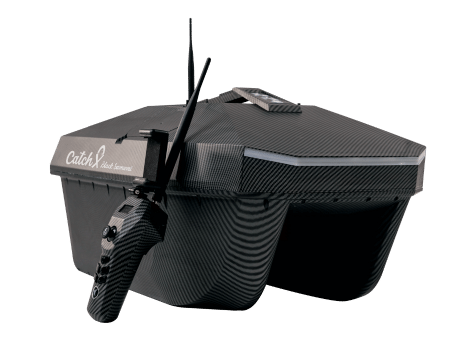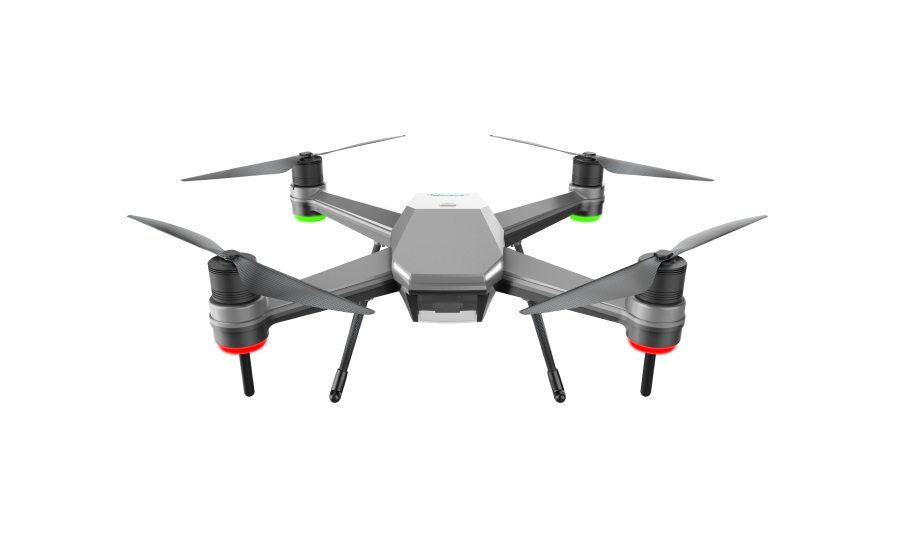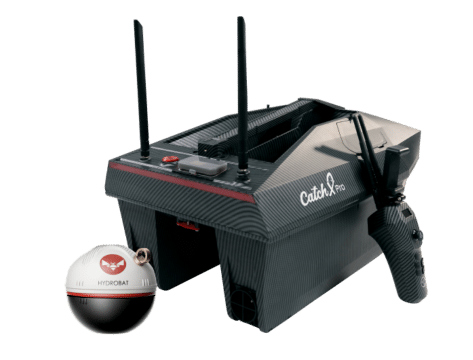6 Tips for Saltwater Surf Fishing Success
Are you planning to go on a shore fishing trip? One of the things you should know about shore fishing is that its very different from fishing from a boat. Below are 6 tips that you can use for success when you’re shore or surf fishing.
Survey the Water at Low Tide
The first thing that you should do is walk along your beach when it’s low tide, preferably during the spring. There are things that you should be looking for:
- Where are the gullies, hollows and banks?
- Is there a change in the nature of the sea bed?
- Is the seabed shingle, sand or mud or something else?
- Do you see shellfish beds, and are the mussels, razorfish, cockles?
- Are there patches of rough ground and weed?
- Are there any obstructions that could rob your tackle but attract fish you should know about?
You can explore further and cast a lead that’s bare without any hooks from the mark of low water. Slowly bring the lead in and you’re going to feel the seabed’s changes in contours and conditions.
This data is going to be very valuable and It’s going to make a huge difference in whether or not you catch fish. Make some sketches and notes in your notebook and you’re going to find that you’re looking at it during your fishing trip.
Make Sure You’re Reading the Surf
The one thing about the ocean is that it’s always changing. Currents and tides shift the goalies and sandbanks, shellfish beds can be destroyed by storms and create new features in the seabed. When it’s high water, with one surf patch looking a lot like the other and with the evidence all covered, it isn’t easy to look at your notes and know what is below the water’s surface.
When you first glance at it, one surf patch might look a lot like all the other ones. But you want to make sure you’re watching closely.
It’s going to look different when there’s a rock below the surface. Breaking, short seas are going to betray shallow sandbanks and flatter smoother seas indicate that there is water that’s deeper – a gully where fish might hide.
Therefore, with that information from the survey you did at low tide and the evidence that’s provided by the surf changes, you’re going to have a really good idea where your bait should be placed.
Keep An Eye on the Weather
A lot of people who like to fish from the surf like fishing in offshore winds, because it’s easier for them to make casts that are longer. However, offshore winds calms the water, and this produces water that is clear.
In these kinds of conditions, fish often will be hanging out in the deeper water during the daylight hours off shore, and they become brave to come closer when it’s darker.
Low conditions in the atmosphere, bigger seas and strong winds will give you better results when you are surf fishing in the daytime.
Choose the Perfect Time
When you are fishing from the surf, you want to make sure you’re there at the right time. On the majority of surf beaches, the time that is best is usually two hours before high tide and then two hours after high tide. This is especially true if it’s spring tide. However, it’s not a good idea to fish during high tide itself.
Here’s an example. Say high tide’s at 10 AM. You don’t want to fish between 9:30 AM and 10:30 AM. But if you fish from 7:30 AM to 9:30 AM, chances are you’ll have a good catch. Then you want to try again between 10:45 AM and 12:45 PM, when the tide is ebbing.
Fish will almost always feed better during conditions of low light, which makes dusk and dawn the times that are best. A really good idea is to find a time when high tide happens at dawn or dusk and plan to go fishing then. Chances are you’re going to come away with a big haul.
Learn How to Tie the Best Rigs for Shore Fishing
Rigs for surf fishing have to satisfy three important requirements:
- Present bait on a seabed so it looks natural
- Be aerodynamic when flying so that you have long casts
- Securely mount your bait while letting the hooks be unobtrusive so that they can take hold inside the mouth of a fish
That aerodynamic requirement will mean that the shore rig’s basic form is a rig that ends with one of your lead weights along with at least one hook attached to short snoods. These should be above your weight. The following are types of these rigs:
- Clipped rigs
- Flapper rigs
- Pulley rigs
- Wishbone rigs
How can you tie the rigs? The easiest way that you can do it is by cheating. You can purchase them made professionally and then shamelessly copy them.
When you’re replicating your purchased shore rings, don’t use the nylon monofilament for tying your own. You should use the fluorocarbon line instead. It’s invisible when it’s underwater, a lot more than the other kinds of lines. It isn’t cheap but you’re not going to need very much. You also might find that you’re catching an amazing fish.
Make Sure You’re Not Over-Casting
This is something that surf casters do to look macho. Everyone wants to make really cool casts, but a lot of times it isn’t necessary. If you want to do really long casts, there are three things that you need:
- Surfcasting gear that’s high quality
- A surfcasting technique that’s highly developed
- A really good physique
The biggest attribute of good surf anglers is knowing that when you cast hundreds of feet out it isn’t going to guarantee you have good results. But when you cast consistently and accurately to the spots where the fish are.
These are 6 things that you should remember when you are surf fishing. They will help you have the best chance of success and help you have a lower chance of being frustrated with your fishing trip.
This article is from: https://www.naplessaltwaterfishing.com/6-tips-for-saltwater-surf-fishing-success/
About Author:
Tony Fontana: Growing up in Naples on or near the water, I have had a passion for fishing my entire life. As I matured as an angler, I realized that guiding was what I wanted to do. What I enjoy most about my profession, as a fishing guide, is teaching anglers of all ages new things.





























